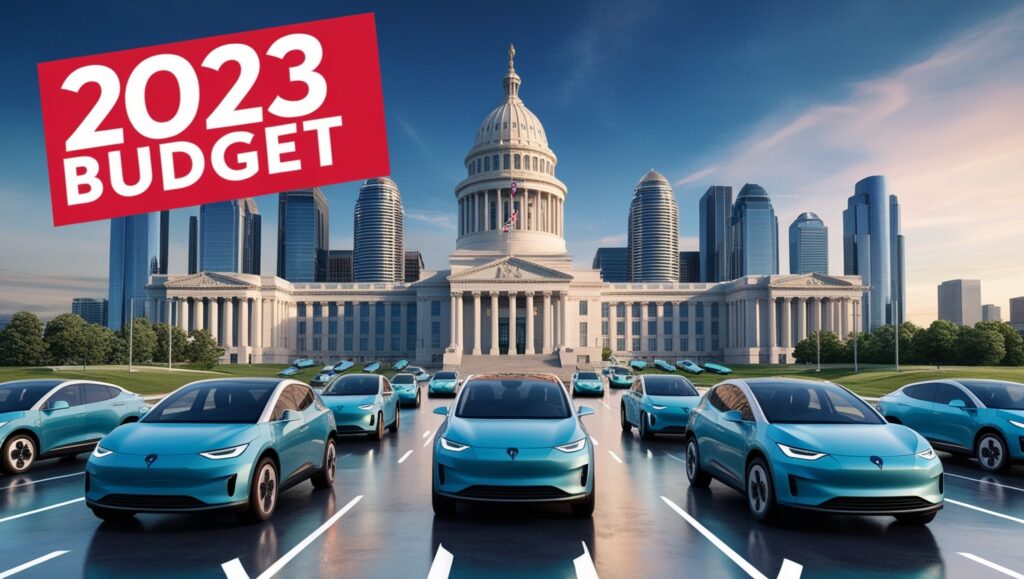The Electric Vehicles is going through a period of major change as we look toward 2023. With an increased emphasis on environmental sustainability, the demand for electric vehicles (EVs) has been growing rapidly, and this has had a significant impact on the industry’s budget expectations for the upcoming year.
The push for EVs is only expected to increase in 2023, and the Auto Industry must be prepared to accommodate this shift to remain competitive. In this blog post, we will discuss the critical budget expectations for the Auto Industry in 2023 and how the industry can best prepare for the growing demand for EVs.
The Current Auto Industry Landscape
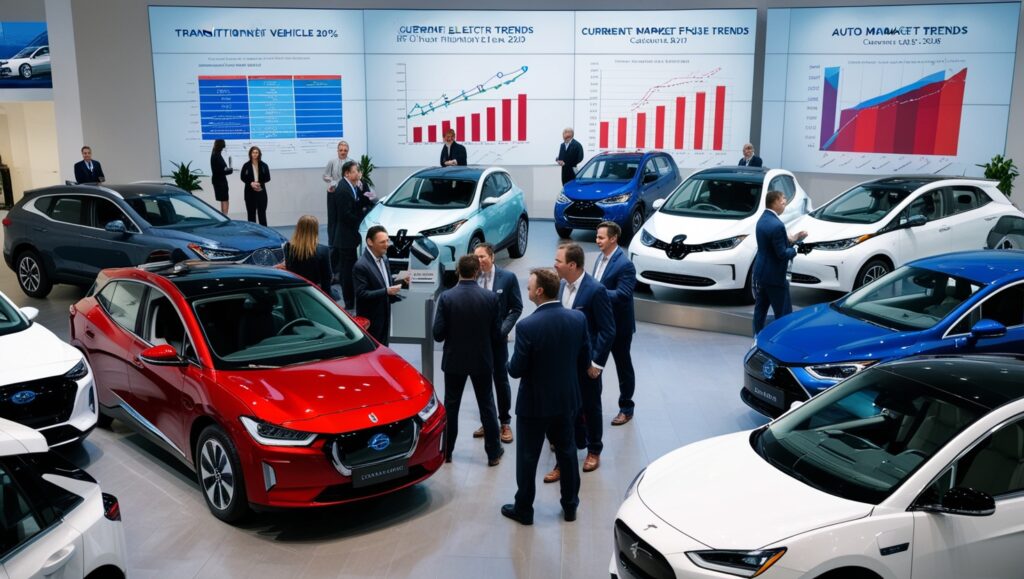
The automotive industry is one of the world’s most significant and essential industries. Worldwide revenues from the automobile industry are estimated to exceed $3 trillion in 2023. In 2019, the global auto industry employed around 76 million people directly or indirectly, accounting for 8 percent of the worldwide GDP.
The auto industry constantly evolves, with new technologies and regulations driving innovation. As the world continues to move towards a greener future, electric vehicles (EVs) have become increasingly important in the auto industry. EVs have seen a surge in popularity in recent years and are expected to be an even more significant part of the auto industry by 2023.
Budget 2023 expectations are high for the EV industry, as more countries, states, and cities look to shift their fleets to top electric vehicles.
Why Electric Vehicles are The Future
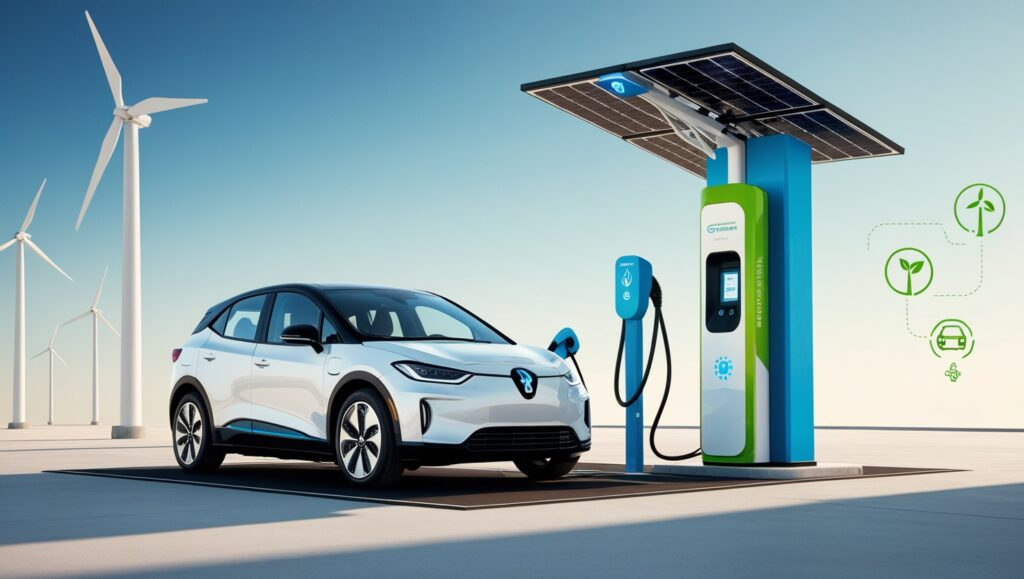
The auto industry is on the cusp of a significant shift in its operations as the world moves towards electric vehicles (EVs). This shift has been long in the making and is expected to significantly impact the auto industry in 2023, as evidenced by the budget expectations for the industry.
Electric vehicles have become increasingly popular over the past decade due to their lower emissions, higher efficiency, and improved performance. EV technology has advanced significantly in the past decade, making them more powerful and efficient than ever before.
Moreover, EV technology is becoming increasingly accessible to the masses due to recent advances in battery technology and cost reductions. This has led to a surge in demand for electric vehicles and an increased focus on EVs from the auto industry.
The auto industry is responding to this demand by investing heavily in EV technology, with many automakers launching new models and investing billions into research and development. This increased focus on EVs is expected to be reflected in the budget for 2023, with experts predicting an increase in investment in EV technology and infrastructure.
The increased focus on electric vehicles has been encouraged by governments around the world who are looking to reduce emissions and make their countries more sustainable. The budget for 2023 is likely to include incentives for the auto industry to increase their production of EVs as governments look to encourage a shift toward greener transportation solutions.
In conclusion, electric vehicles are quickly becoming the auto industry’s future. With improved technology, increased accessibility, and government incentives, there is a clear trend toward EVs, which will be reflected in the budget for 2023.
The auto industry is responding to this trend by investing heavily in EV technology, which will significantly impact the industry in the coming years.
What Budget Expectations for the Auto Industry in 2023

The auto industry is facing a period of transition in 2023, with an increased focus on electric vehicles (EVs). The demand for EVs is rising, and the auto industry must meet this demand to remain competitive. This means that budget expectations for the auto industry in 2023 will be higher than ever before, as more money will be needed to invest in EV-related technologies and initiatives.
To stay ahead of the competition, auto manufacturers must invest in researching and developing new EV models. This requires a significant budget allocation, requiring the auto industry to be innovative and creative in its budgeting.
They must also invest in upgrading production facilities to produce high-quality EVs. This will involve a larger budget as well, as the manufacturing process for EVs is more complex than that of conventional cars.
The EV industry is also expected to grow exponentially in 2023, and the auto industry must keep up with this growth to remain competitive. This means that auto manufacturers must be prepared to invest heavily in marketing campaigns to promote their EV models, as well as offer enticing incentives to attract customers.
Overall, the budget expectations for the auto industry in 2023 are likely to be higher than ever before due to the increasing demand for EVs. Auto manufacturers must be willing to allocate a more significant portion of their budget toward EV-related initiatives to remain competitive. Doing so will ensure that the auto industry remains relevant and thriving in the coming years.
How the Push for Electric Vehicles will Impact the Auto Industry
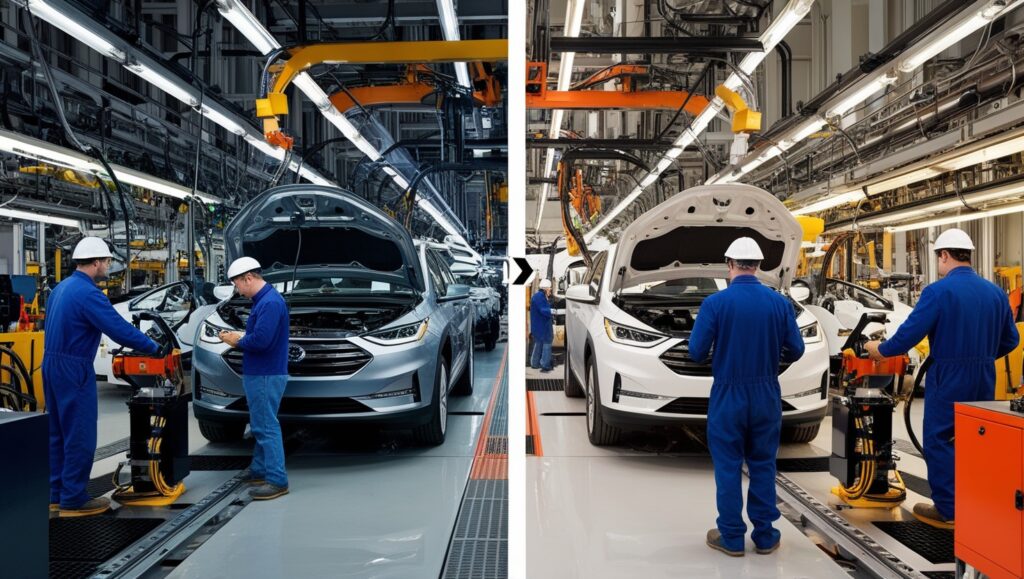
The auto industry faces a significant transition in 2023 as the demand for electric vehicles (EVs) is expected to skyrocket. This shift is partly due to the increasing popularity of EVs, stricter environmental regulations, and the promise of long-term savings associated with owning an EV. As the EV industry continues to grow, the automobile industry will be impacted in various ways.
One of the significant changes that Budget 2023 is expecting is a shift in production, both in terms of the type of vehicles being produced and how they are manufactured. Automakers are increasingly shifting their focus towards creating more electric cars, which means fewer internal combustion engines.
Additionally, the manufacturing process for EVs is much different than that of a traditional car, requiring new technologies and materials. This shift in production will require the auto industry to invest heavily in research and development to stay competitive.
In addition to the changes in production, budget 2023 also expects the costs associated with owning an EV to decrease significantly. Governments across the globe are offering generous incentives to those who choose to purchase electric cars, including lower registration fees and rebates.
These incentives are intended to encourage more people to switch from gasoline to electricity, which will drive down the cost of EVs. The resulting reduction in charge should make owning an EV much more accessible for everyday consumers.
Finally, budget 2023 also expects EV infrastructure to become increasingly important. As more people adopt electric cars, charging stations and other EV infrastructure will become critical for ensuring their continued use.
Governments and businesses are investing heavily in charging networks and other infrastructure improvements, which should lead to better access for EV owners and greater convenience when driving.
The auto industry is facing a significant shift in 2023 as the demand for electric vehicles is expected to continue to grow. Budget2023 expects a variety of changes in production and costs associated with ownership, and EV infrastructure investments, all of which will impact the auto industry in one way or another.
As this transition progresses, it’s essential to keep an eye on these changes so that automakers can stay ahead of the curve and remain competitive.
Conclusion
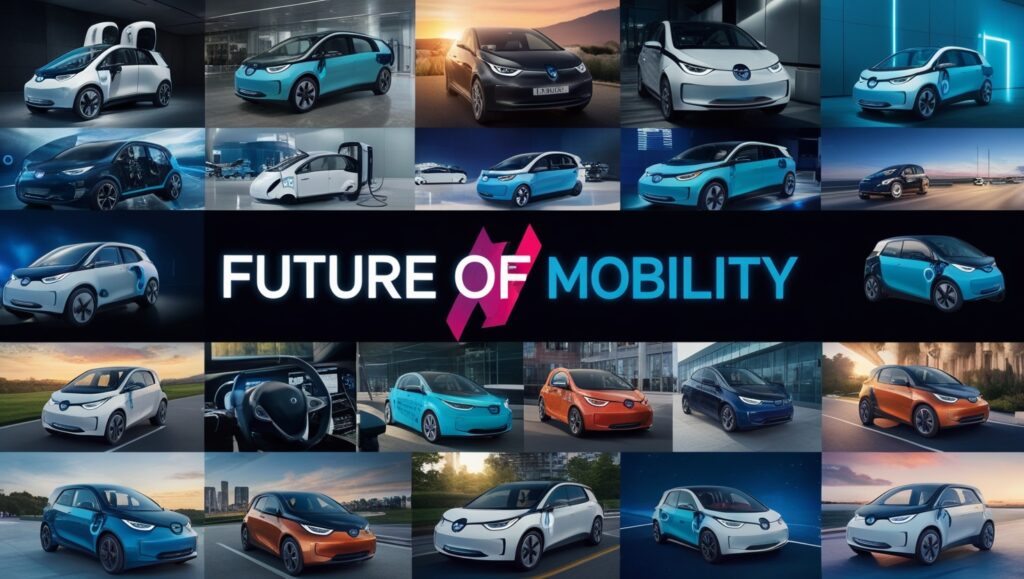
The auto industry is on the cusp of an electrifying transformation. With advances in battery technology and the rise of electric vehicles (EV) production, the industry’s future is undeniably electric.
Budget expectations in the auto industry are naturally shifting toward EV production, which will have a lasting impact on the industry. As governments and consumers push for the transition to cleaner, more efficient vehicles, the auto industry must continue to innovate and invest in the technologies that will make this possible.
